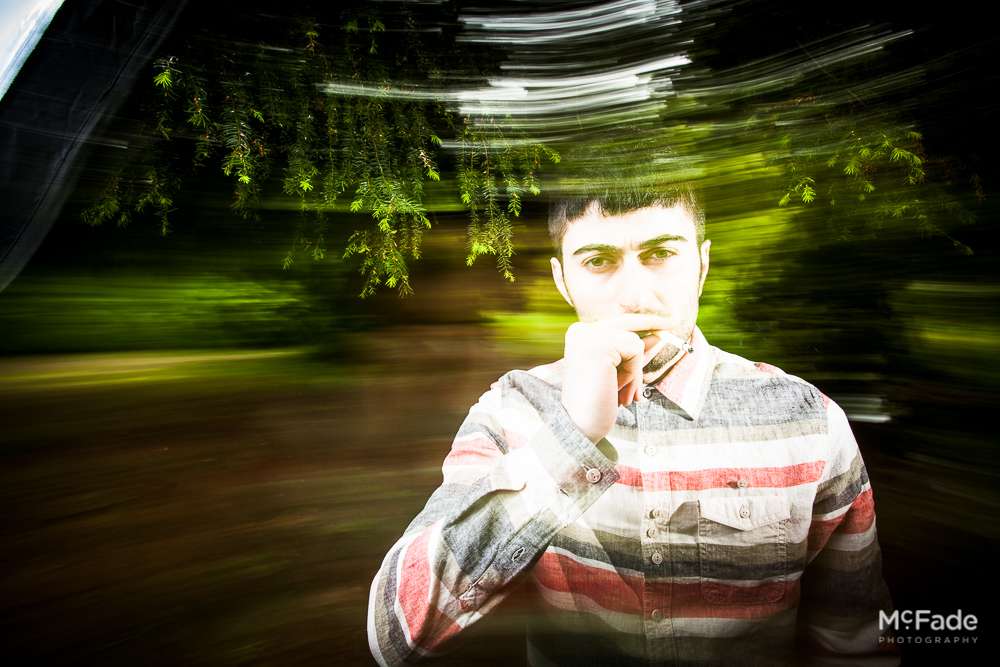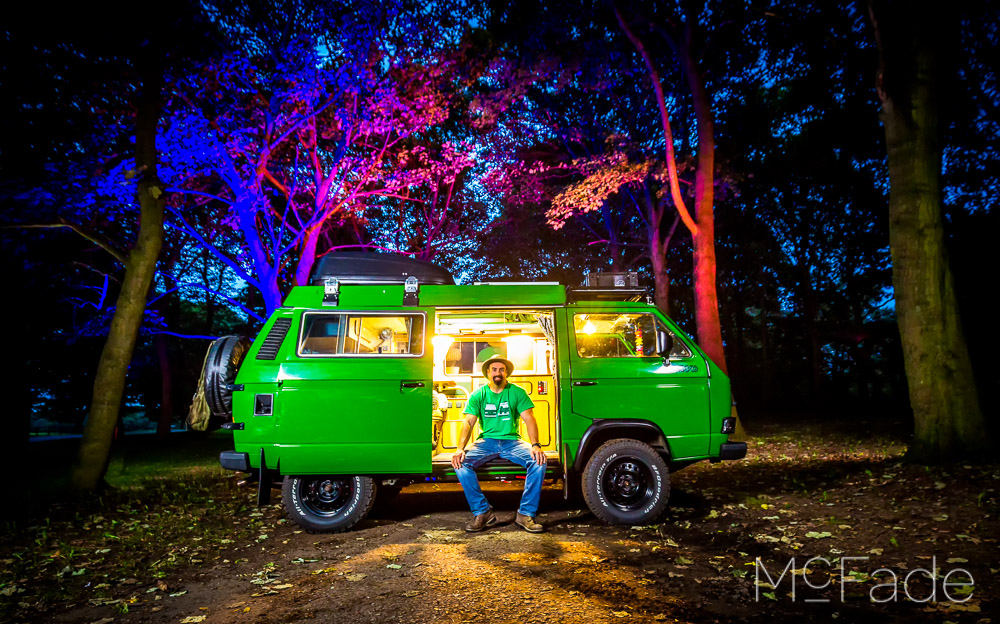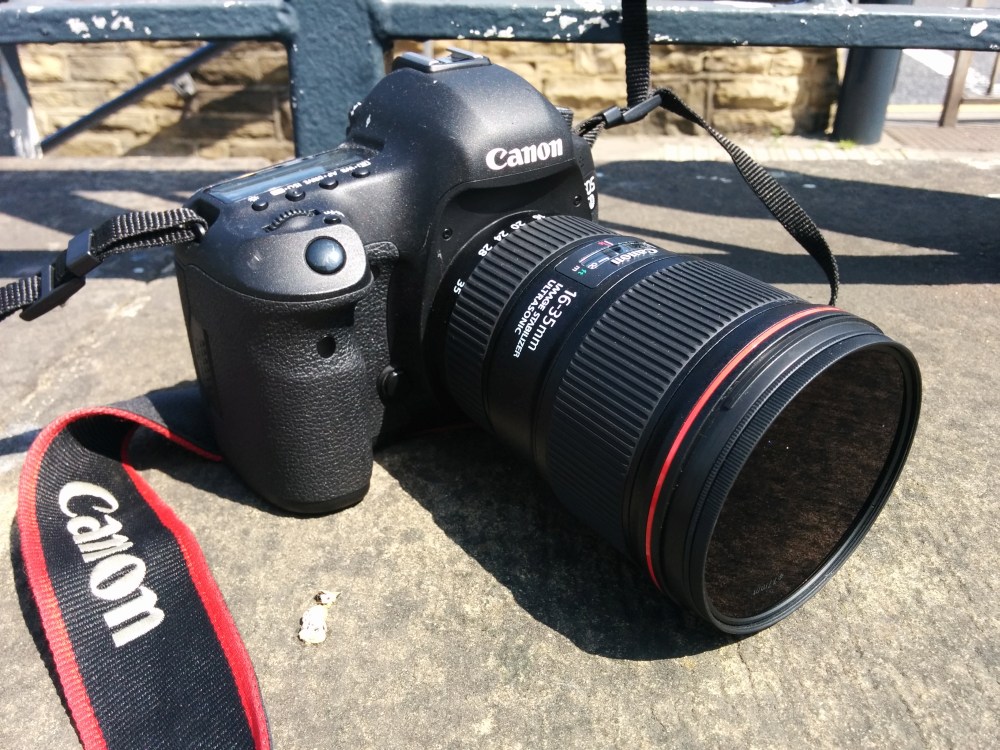“False Praise” on Social Media
I joined my first online community in 2004 – it’s called EPhotozine – and since then I’ve learned an incredible amount from the site, lots of useful tips from more advanced photographers guided me away from common mistakes.
However, what has been a perpetual gripe on the site, from me as much as anyone, is:-
It used to drive me, and everyone else, mad, seeing people with poor photos getting 5 or 10 times more votes than your “better” photos.
The same is now true on Facebook, Google + and all the other social media sites. You number of “likes” will be dictated by:-
- when you post the photo – is it a busy time?
- how many friends you have
- how many “likes” you give out
- how many “nice comments” you leave on people’s sites
- how many people are in a particular “group”
- and occasionally, how good your photo is
The Impact of False Praise
Getting 200 “likes” on any photo is a wonderful feeling to anyone – we all love praise.
This means that if you’ve “liked” 500 photos last week, you will probably get 250 or more “likes” in return.
The true impact of this, for the serious photographer wanting to improve, is they believe the work they produce is excellent, whether this is true or not.
The X-Factor
It’s like the tone deaf kids you hear each week on the The X Factor.
They then believe they have an amazing voice.
They believe they can “compete” with this amazing voice. No one has the heart to tell them “don’t do it!!”
They then get a HUGE shock when Simon Cowell tells them that they are terrible.
This often happens with photographers showing work online, their friends and family telling them how amazing their “obviously flawed” photos are.
You Can’t Handle The Truth!
The truth is that we all like to make people happy, and most are uncomfortable giving people constructive feedback – especially in a public space like Facebook.
If 30 people have said “wow, great shot” and you say “this looks over processed and the horizon’s out on the sea”, you are not going to look good – no matter how right you are. I’ve done this a few times and been unfriended!
Also you’ve got to appreciate that most people don’t want their work critiqued either – they are perfectly happy with what they’re doing and don’t need their confidence knocking with all the flaws being pointed out.
But if you want to get better….
If you are serious about creating great images, for competitions, print sales, stock, commercial clients or just for your own satisfaction, then what are the ways to develop?
- Learning skills in workshops is the starting point – get to know your camera, how to expose shots, how flash works, how to compose scenes, how to talk to models… whatever it is you want to do, learn the “how” first
- Practice – once you have the skills, hone them, do them as often as you can, if you leave it you will forget.
- Show your work – if it’s sat on your hard drive and going no further, then fair enough. If you want a general opinion, put it on Facebook. Maybe use Ephotozine, 500px etc. if you want photographers to see it.
- Get critique – this is a little like putting your soul on the line, you’ve worked hard at a photo and think it’s perfect... give the photo to someone and ask them to point out the good, bad and ugly.
That 4th step is hard. I don’t like doing it – but I do.
If you don’t, you may end up like that 16 year old crying in front of Simon Cowell – having spent £1500 on prints for an exhibition and sold none.
How “blind” critique works
Many McFade trainees have been on Lightroom feedback nights and hopefully learned loads.
They bring along 5-10 photos each and, in turn, I edit as many as I can in the night. It’s a great form to give tips on lightroom, composition and cropping – even mono conversions and funky split toning effects.
However, it never seemed the right environment in which to give honest critique, for a few reasons:-
- all at different levels of ability, where do you “pitch” the feedback?
- no one is competing so don’t need to justify placings
- praise in public, give feedback in private… you don’t want to be giving anyone’s images a hard time in public… well I don’t
- you can give feedback in a “softer, roundabout way” by editing it whilst they watch
- if you know who the photographer is, you may “sugar coat” the feedback a little – which doesn’t help them
What actually happens…
So to get around this, we started doing Blind Critiques – here’s how it works…
- anyone wanting help got an invite to a DROPBOX folder
- they added 1 photo for each week – high res, no watermarks or identifying features
- I do a “screen and sound capture” session where I share my honest thoughts on each shot… all aspects of it
- I upload to youtube and put it on the BLOG
I’d have no idea who’s photos they were, and neither would any of the viewers, except the uploader. It means that through you may be giving (sometimes) harsh critique in public, no one knows who’s photo it is. Hopefully all egos are left intact, everyone learns, people improve and they achieve their personal goals.
X-Factor versus The Voice!
Critiquing blindly this way detaches the image from the photographer – all the “X-Factor” issues are gone!
It’s now like the “blind audition” phase of the BBC show “The Voice”. (I’m sure many poor singers apply to the The Voice, but they rarely get to the TV stage – it’s aimed at showcasing good singers, not humiliating poor singers)
Sir Tom only hears the voice and makes his judgement on that – likewise we only see the photo.
If he likes the voice – he presses his button, and only then does he know anything else about them. Likewise with the photos – though we do comment on them all of course!
The aims are:-
- First impressions – give an overview of your thoughts
- What’s good – say what you like about the shot, maybe detail, composition, expression…
- Look for things which don’t work – usually crops and processing issues, so we can suggest how to remedy these
- Concluding thoughts – general advice to the photographer
It’s not an ego trip or a chance to be Mr Nasty, but the best way I’ve found (so far) of helping many people learn in a short time.
Conclusion
If your photography is just a hobby you enjoy and you’ve no real desire to move “to the next level”, then this critique thing is probably not for you.
If you are losing competitions at your club, getting prints which don’t look right, or especially, selling your services to paying customers (weddings, portraits etc.), then it definitely is worth getting honest feedback from your tutor, or peers.
Why…?
Picture this….
You may end up at your first “wedding job” and, like that tone deaf kid from Sunderland (who’s mammy told him what a great voice he has), end up stood in front of Simon Cowell in tears (or in your case, a furious bride and groom, angrily demanding a refund for their terrible photos) .















